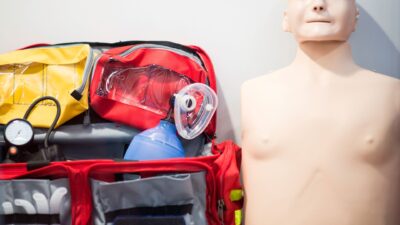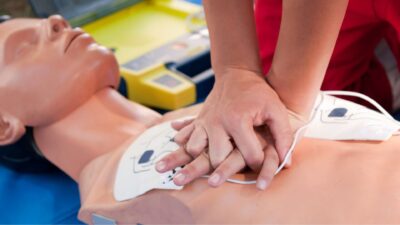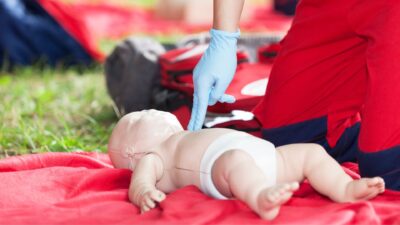
Essential CPR Training for Firefighters In Nashville
Essential CPR Training for Firefighters in Nashville Firefighters in Nashville face life-threatening situations daily, making CPR certification a critical skill. Proper CPR training ensures they can save lives in emergencies, from cardiac arrests to smoke inhalation incidents. Understanding CPR techniques and maintaining certification is crucial for their ability to provide immediate medical attention before paramedics…
Read More







